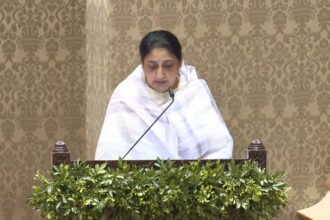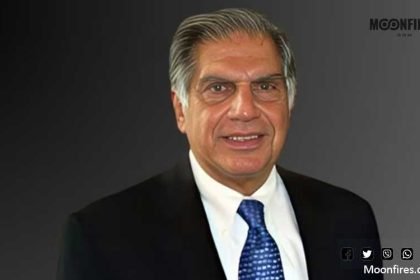Article 44 and the Uniform Civil Code in India – Article 44 of the Indian Constitution, nestled within the Directive Principles of State Policy (DPSP), sparks one of the most contentious debates in the nation: the Uniform Civil Code (UCC). While not legally binding, the article lays out an aspirational vision – a single set of civil laws governing personal matters like marriage, inheritance, and adoption for all citizens, regardless of their religion.

The Current Landscape:
Currently, India adheres to a diverse system of personal laws based on religious affiliation. Hindus, Muslims, Christians, and others follow distinct legal codes rooted in their respective religious scripts and customs. This system, though enshrined in historical practice, faces scrutiny for perpetuating disparities and complexities.
Arguments for UCC:
Proponents view the UCC as a potential catalyst for:
- National Integration: By unifying legal principles, the UCC could foster a stronger sense of shared identity and belonging, transcending religious divides.
- Gender Equality: Concerns over discriminatory practices within certain community-specific laws, particularly regarding women’s rights in marriage and inheritance, fuel the argument for a more equitable UCC.
- Modernization and Uniformity: Advocates see the UCC as an opportunity to update outdated laws, streamline legal processes, and establish clarity and consistency across personal matters.
Arguments against UCC:
Opponents raise concerns about:
- Religious Freedom and Cultural Rights: Fears exist that the UCC could infringe upon the right to practice religious customs and traditions, potentially undermining cultural heritage and diversity.
- Potential for Misuse: Critics worry that the implementation of the UCC could be biased, leading to the marginalization of minority communities and their unique legal practices.
- Complexities and Challenges: Crafting and implementing a single code across India’s diverse religious landscape presents immense social, political, and legal challenges, requiring careful consideration and broad consensus.
The Road Ahead:
The UCC debate continues to ignite passionate discussions in India. Ongoing legal challenges, state-level initiatives exploring UCC-inspired reforms, and public discourse reflect the multifaceted nature of this issue. While a nationwide implementation of the UCC in its pure form remains a distant prospect, the conversation surrounding it compels deeper reflection on national unity, individual rights, and the pursuit of a just and equitable legal system for all.
Further Considerations:
It’s crucial to approach the UCC debate with an open mind, acknowledging the concerns and aspirations of diverse stakeholders. Engaging in respectful dialogue, exploring alternative models, and conducting thorough research are vital steps in navigating this complex topic. Ultimately, finding a solution that balances national unity with the protection of individual rights and cultural identities will require careful consideration and a commitment to inclusive democracy.













